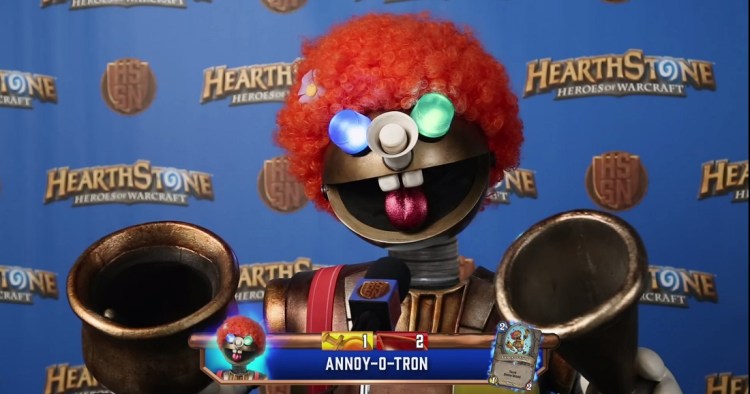The video game industry roared into Los Angeles last month for the Electronic Entertainment Expo, its annual confab featuring big games, big names, and big announcements.
Although the conference itself is where the top console and PC game studios announce their lineup for the year ahead, it’s also a time to support more imminent releases with a midyear advertising blitz. But while games like “Batman: Arkham Knight” and the “Jurassic World” Lego title were supported by the most TV advertising dollars among console games, the real battle for consumer attention is being fought elsewhere.
These days, the games most likely to fill the airwaves (and social media) with ads and other promotional messages are free-to-play and designed for smartphones and tablets, which attracted more of the ad spending and generated more social-media interest during E3 week.
For example, from June 16 to June 22, Warner Bros. Games spent more than $3 million on the ad “How the Batman Died,” more than any single ad that week, in support of the June 23 release of Arkham Knight for console and PC and another $1.8 million on Lego Jurassic World.
But the third, fourth, and fifth highest spenders were on TV ads for mobile games: Machine Zone’s Game of War: Fire Age, King’s AlphaBetty Saga, and Blizzard’s Hearthstone: Heroes of Warcraft combined to spend nearly $4 million on advertising, each outpacing that of the next big console game launch that week — Bethesda’s The Elder Scrolls Online: Tamriel Unlimited (which had a TV ad budget of less than $1 million).
And this is just the breakdown of the money spent on individual ads. Typically, studios employ more than one ad at a time for their titles. As a result, free-to-play mobile games as a category now routinely dominate the ad spending in the overall industry. They’re designed for mass audiences of casual players. They make their money by encouraging users to make in-app purchases of game assets. Advertising not only encourages people to install a game, but it may even convince them to return to one that they haven’t played in a while — and spend more.
So what did all this money buy? Buzz of course. By that measure, Arkham Knight clearly won the week, as the “How Batman Died” ad generated nearly half of all the digital activity that took place around videogame ads for the week, which includes online views of the ad, online searches, and social actions.
But again, the mobile games nudged out other big-budget console games in the buzz department as well. In the rather prodigious wake of “Arkham Knight,” three mobile game ads placed in the top five of the week’s most-engaging ads – two for Hearthstone and one for SuperCell’s Boom Beach. Only the Star Wars-themed next tranche of the Disney Infinity game-toy hybrid sets joined them from the console side of the market.
To summarize, ads supporting mobile games represented three of the top five biggest ad budgets of the week, and three of the the top five most engaging ads of the week, in a period when console and PC games have E3, their biggest global platform. Whether that trend continues into the fourth quarter, when the console game studios unleash the full power of their advertising war chests to back many of their biggest titles, remains to be seen.
But for the time being, it’s clear mobile games are punching far above their weight in advertising spend and effectiveness, and the aging console-game industry would do well to take notice.
Sean Muller is the CEO of iSpot.tv, a real-time TV advertising measurement company that he founded in 2012. As the premiere platform to track and measure TV ads and their resulting digital activity in real-time, iSpot.tv is revolutionizing how brands, networks, and agencies assess and plan TV campaigns.
VentureBeat's mission is to be a digital town square for technical decision-makers to gain knowledge about transformative enterprise technology and transact. Learn More

